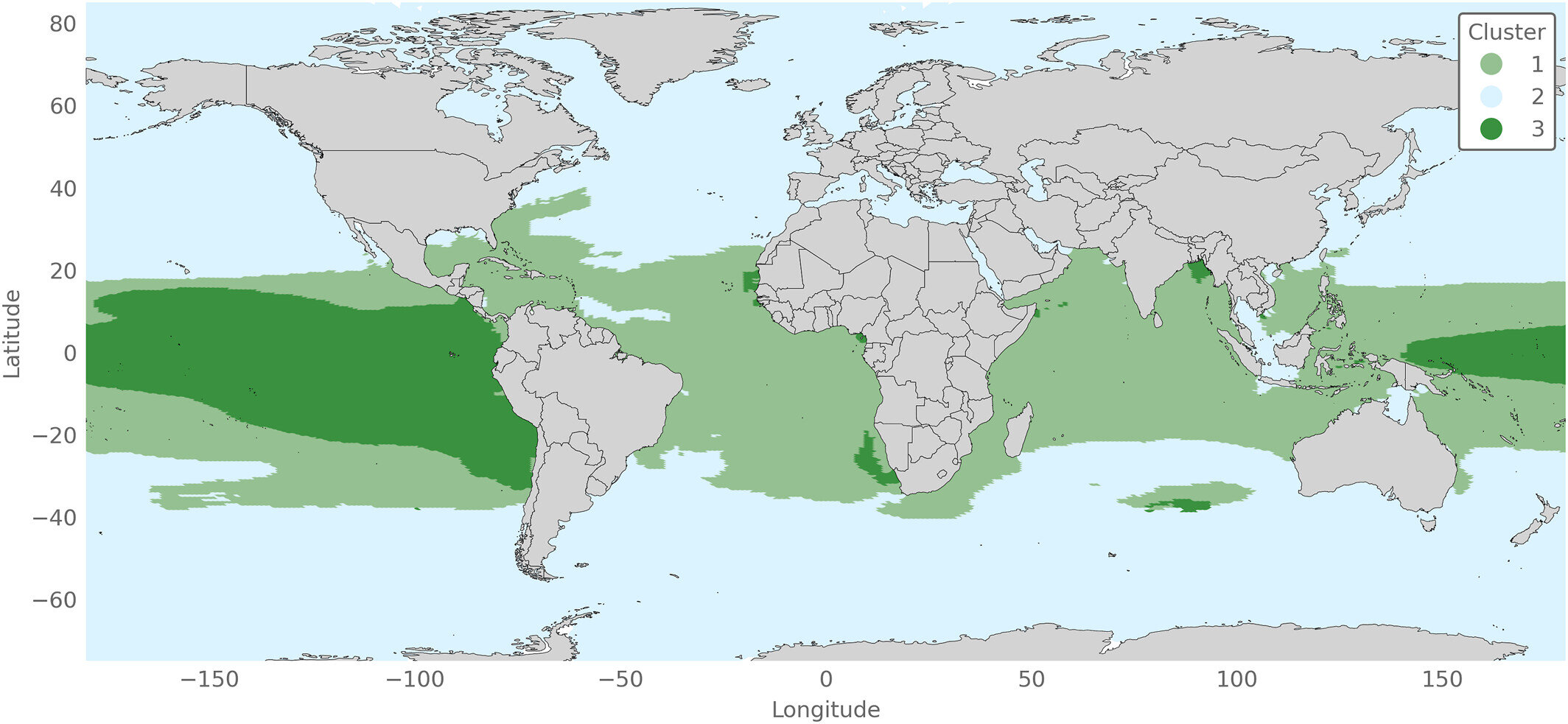This Species Could Save Humanity in the Event of a Nuclear War
Follow us on Google News (click on ☆)

Seaweeds, notably Gracilaria tikvahiae, or graceful red seaweed, have shown remarkable resilience, capable of surviving and thriving even in total nuclear war scenarios. Researchers from the Alliance to Feed the Earth in Disasters, Louisiana State University in the United States, the Marine Science Institute at the University of the Philippines, and the University of Canterbury in the United Kingdom, developed a model to simulate this seaweed's growth using post-disaster climate data.
According to this study, even in the scenario of a nuclear winter with the emission of 330 billion pounds (150 Tg) of soot into the atmosphere, enough sunlight would remain to allow seaweeds to photosynthesize. This discovery suggests that, despite reduced sunlight levels, seaweeds could meet about 45% of global food needs after just nine months of intensified production. However, the high iodine content of seaweeds limits their contribution to human nutrition to 15%.
Seaweeds offer not only a potential means of subsistence in extreme scenarios but also represent an important source of nutrition currently, rich in proteins, minerals, vitamins, essential amino acids, and fatty acids. Their ability to absorb contaminants can be mitigated by post-harvest treatment methods, ensuring their safety for human consumption.

Global distribution of Gracilaria tikvahiae growth clusters in a 330 billion pounds nuclear war scenario. Colors indicate different clusters. White areas signal missing data.
Credit: Earth's Future (2024). DOI: 10.1029/2023EF003710
Seaweed production supports many poor coastal communities in low-income countries, with a significant contribution from Asia to global production. This research emphasizes the importance of developing seaweed farms as a precautionary measure against global disasters and as an element of global food security.